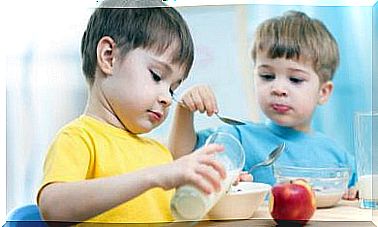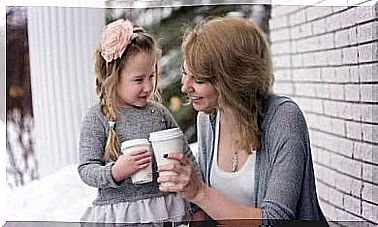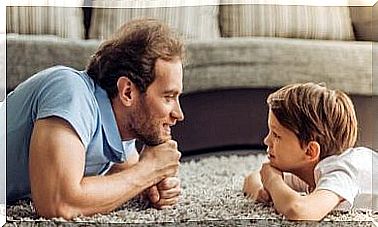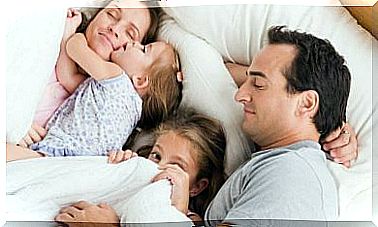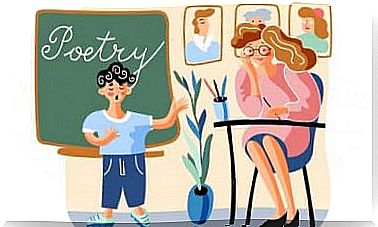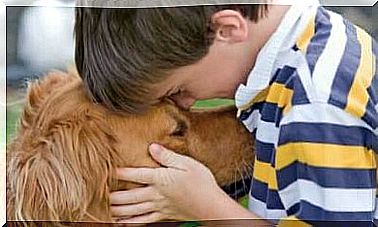Magic Words Please, Thank You And Sorry
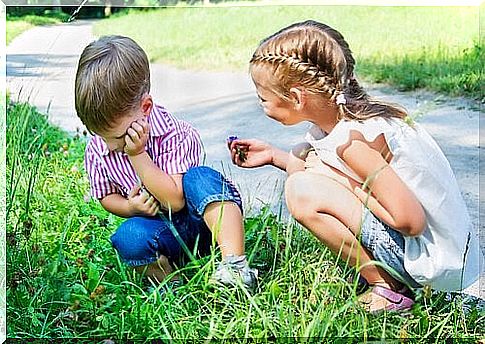
The use of magic words please, thank you and forgiveness at home can relieve tension and help grow a child into a helpful and grateful adult. It is worth teaching a child good manners from an early age, because in this way the child learns to respect others.
Magic words please, thank you and sorry
These magic words are part of good manners. Teaching behaviors is not an easy task, it requires dedication and determination. Today we tell you how magic words thank you , please and forgive to add to your child’s vocabulary.
You’ve certainly noticed how the image of a person changes when he or she wishes you good morning, thanks, or apologizes. In the case of children, such behavior is even more important. These words can help the child improve their interaction skills, which in turn helps them adapt to their environment.
Such polite words help the child to communicate effectively with peers, in addition to provoking positive reactions, and the child is more easily included in social situations.
Teaching magic words to a child
The best way to teach a child magic words is through example. Parents should use these words in daily conversations with family, friends, neighbors, and of course the child.
There are other techniques that can encourage a child to use these words. We present a few of these below.
Teach your child the meaning of magic words
When a child reaches a certain age, it is worth explaining to him or her why behaviors are important.
- Thank you. This word expresses gratitude for another person’s generosity. By teaching this simple word to a child, parents shape him or her into a grateful person who is able to appreciate the efforts of others.
- May I have it? This word teaches a child that he cannot get the things he wants by asking them rudely. The child should be helped to understand that others have the right to choose whether or not to share their own.
- Sorry. A sincere apology helps the child identify his or her mistakes and arouses in him or her a desire to correct his or her actions.
- Good morning. This greeting expresses that everyone deserves fair and friendly treatment.
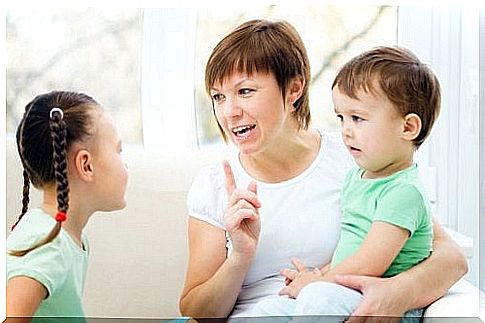
Make learning fun
Teaching these magic words doesn’t have to be boring. When teaching them, you should make use of a variety of songs, games, and stories that illustrate the relationship between good manners and positive consequences.
Encourage your child to be polite
The child’s first contact with peers often takes place in kindergarten. This is where the child learns to interact with other children and teachers.
The child should be taught to greet upon arrival at the scene, to ask the goods would allow me to -taikasanalla, to give thanks and to apologize when wrong.
Please be patient
Adding polite words to a child’s vocabulary and speech requires effort, patience, perseverance, and a lot of dedication. This means that parents have to remind the child of these words countless times before their use becomes a habit.
One good way is to ask the child ‘what is being said’ in a situation where the use of the magic word is forgotten.
Do practical exercises
The child must be taught that he will make others feel good by using these magic words. You can practice greeting neighbors as well as thanking and apologizing at the right time with your child. This will help the child prepare for the right situations.
Don’t make learning a coercive bun
There are a few things parents should not do when teaching a child behaviors:
- Do not humiliate or force a child to greet him or her if he or she is embarrassed. Learning magic words can be slower in the case of shy children.
- Do not consult with the child. He must learn to be polite without expecting anything in return.
- Don’t tell others about the learning process your child is going through.
Explain the positive effects of courtesy to the child
The child should be taught to understand the relationship between his actions and the consequences they cause. For example, the child can be told that “Grandma was very happy that you thanked her”. The fact that the child is heard to have performed well encourages him or her to continue to use polite words.
Teaching good habits to a child requires a lot of dedication and constant effort from parents. It is better that the child is praised when he or she succeeds and avoids bad influences and promotes positive learning.

